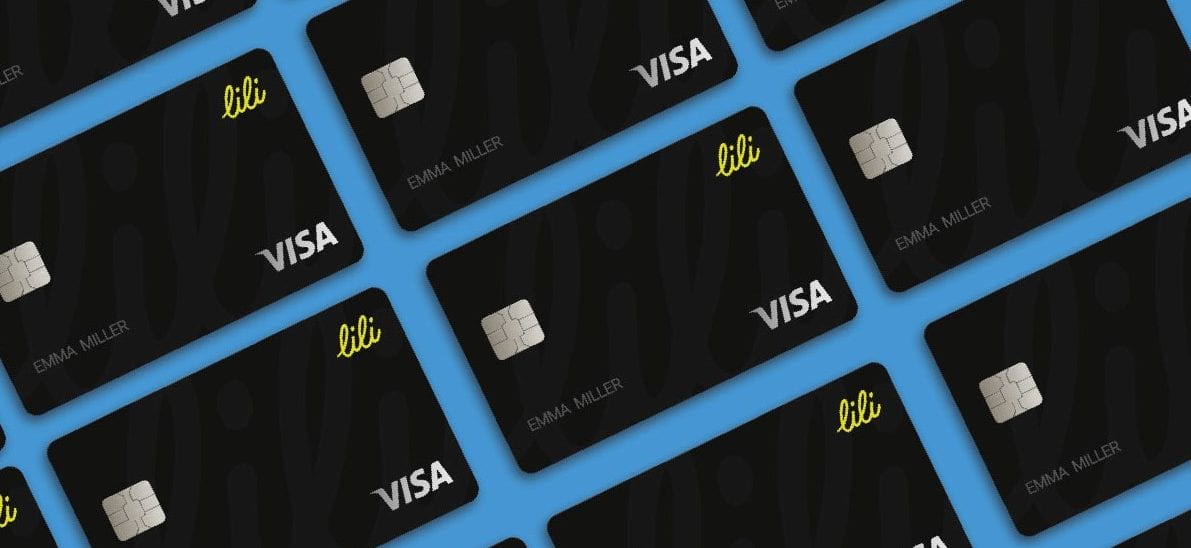How Lili Pro bolsters the US$1.2trn freelance economy

An all-in-one app for the self-employed, the neobank now includes business and tax solutions to support the growing needs of the projected 90 Million US freelancers.
Lili, the all-in-one banking app designed for freelance workers, announced today the release of Lili Pro, premium service and the first product expansion since launching in January 2020. Lili Pro was developed as a direct response to COVID’s acceleration of the gig economy in partnership with an advisory of freelancers to give every independent worker access to the tools they need to build financial security.
“The new economy is here. And the new economy is freelance,” said Lilac Bar David, CEO of Lili, “Lili is solving the financial burdens plaguing the next generation of freelancers who play such an integral role in our economy. We need to better equip this group with the tools to succeed, so they can worry less about financial challenges and continue pursuing their passions.”
In 2020, an estimated 59 million Americans reported being freelancing over the past year, making up 36% of the nation’s entire workforce. Research found that freelancers contributed US$1.2trn to the US economy in annual earnings – a 22% increase since 2019. COVID pushed an entire generation towards freelancing. 50% of Gen-Z have freelanced in the past year (36% started during COVID) with 90% planning to continue on this path. The total number of freelancers in the U.S. is projected to exceed 90.1 million by 2028.
Now more than ever, there is a critical need to support the influx of freelancers entering the economy. In May, Lili became the exclusive banking service partner of the Freelancers Union, the largest and fast-growing organisation fighting to protect millions of independent workers across the country. Building on this momentum, Lili collected research data from their community and first-hand experiences from Lili’s corporate team, a group of former freelancers themselves. This inspired the offerings of Lili Pro, built to empower this underserved community and solve frequent pain points such as creating an invoice or planning for tax season.
Lili’s platform design reflects the features that freelancers want to see in a modern banking experience. Earlier in the year, the team conducted a series of ongoing user-research surveys where they asked users what new features they would want on the platform. The survey results revealed the following insights:
- 62% of freelancers wanted to avoid overdraft fees
- 49% wanted to accept payments from clients directly
- 44% wanted cashback rewards
- 41% wanted a savings account with interest
READ MORE:
- Scaleup Spotlight: Climeworks is the key to fighting climate change
- How Wi-Fi6 will optimise hybrid working
- Which European countries have the best and worst cybersecurity?
- McAfee: How to make telehealth safer for a more convenient life online
About Lili
Lili is an all-in-one banking app designed for freelance workers. Combining banking services with real-time expense tracking, tax tools and financial insights, Lili empowers independent workers with the tools they need to stay in control of their finances while saving time and money. Led by serial entrepreneurs with 20 years of fintech experience, CEO Lilac Bar David and CTO Liran Zelkha, Lili is backed by Group 11, Foundation Capital, AltaIR Capital, Primary Venture Partners, Torch Capital, and Zeev Ventures. Founded in 2018, Lili is headquartered in New York and serves customers in all 50 states. Banking services are provided by Choice Financial Group Inc., a Member FDIC.
For more news from Top Business Tech, don’t forget to subscribe to our daily bulletin!
